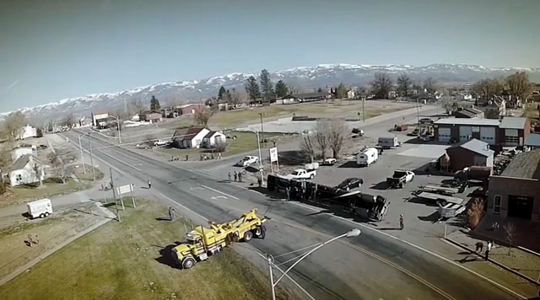Commercial Driver's License Requirements
It Takes a Special License to Drive Commercial Vehicles
Commercial trucks require specialized training in order to operate them safely. However, prior to 1986, there were few rules regarding licensing for those who drove large trucks, which is why the Commercial Motor Vehicle Safety Act was signed into law (see more about this below). Currently, to register with the Federal Motor Carrier Safety Administration (FMCSA), the first step for a driver is to find their Department of Transportation (DOT) Number and Operating Authority. An individual who hopes to become a commercial driver will need to compile all of the necessary forms, submit them to the FMCSA, begin a safety assurance program, and then obtain the DOT registration. Some commercial drivers may even need to possess medical certification requirements.
CDL Classes & Endorsements
There are three major types of licenses for commercial drivers along with many different endorsements.
The three major classes of federal commercial drivers' licenses are as follows:
- Class A are for those driving trucks weighing over 26,000 lbs. or towing a vehicle at least 10,000 lbs.
- Class B are for those drivers who will be driving vehicles that weigh the same as for Class A licenses (over 26,000 lbs.) but have a towing capacity that cannot exceed 10,000 lbs.
- Class C are for those who do not fit into either category, such as vehicles designed for the transportation of 16 or more passengers or drivers who are transporting hazardous material.
Endorsements are classified by letters. Drivers that possess these letters on their commercial licenses signify that they are qualified to carry out the following functions.
- "T" is for drivers who've completed a knowledge-based test to transport double or triple trailers
- "P" is for those who have passed knowledge and skills tests to transport passengers
- "N" is for those who have passed a knowledge test to drive a tanker vehicle
- "H" stands for hazardous material, which requires a knowledge test only
- "X" is an endorsement for those who drive tank vehicles that carry hazardous materials
- "S" is for those who have passed knowledge and skills test to become school bus drivers
